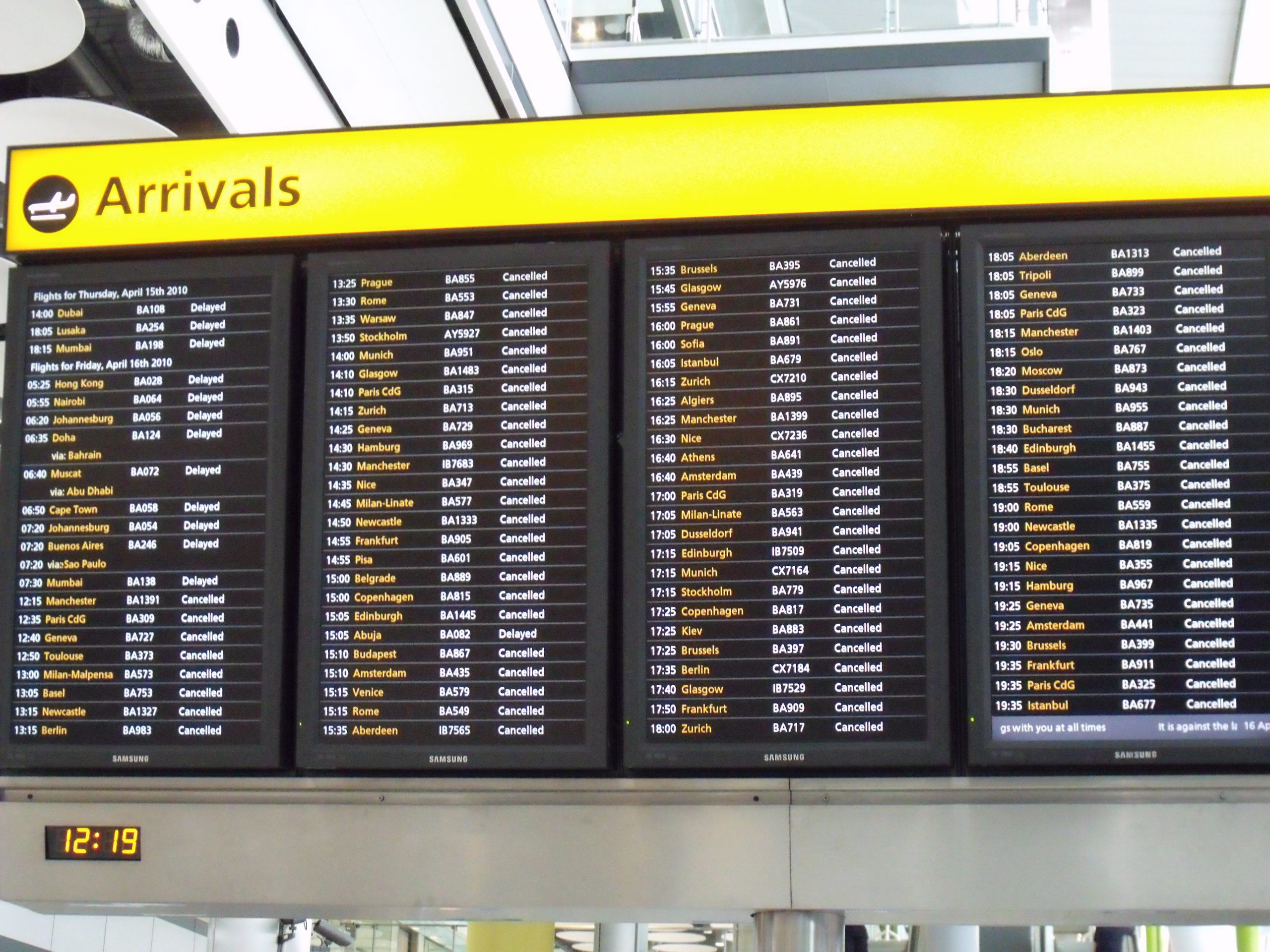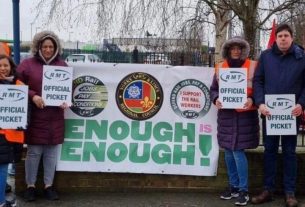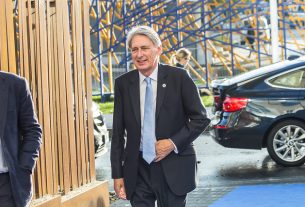Chancellor Rishi Sunak has assured millions of furloughed Britons that the government will continue paying a share of their wages up until the end of October.
The job retention scheme – which has cost £10bn so far to support 7.5 million workers and almost one million businesses – has been a “world leading economic intervention” said Sunak.
But the news was tempered by earlier comments from the health secretary Matt Hancock who, when asked if “summer was cancelled” for people wanting to holiday abroad, replied: “I think that’s likely to be the case.”
Furlough costs taxpayer £14bn per month
In the Commons, Sunak announced the government scheme will continue unchanged until the end of July, with the government paying 80% of furloughed staff wages up to £2,500 per month, which the Guardian states “is currently costing the government about £14bn a month.”
From August, Sunak said greater flexibility will allow more companies to bring workers back and that businesses will need to “share with the government the cost of paying salaries”.
Precise details of how this will work are not expected to be published by the Treasury but the Independent reports that: “It raises the prospect that businesses like pubs and nightclubs could be told to contribute towards staff salaries despite being barred by the government from opening for business.”
Sunak told MPs: “I’m extending the scheme because I won’t give up on the people who rely on it.
“Our message today is simple: we stood behind Britain’s workers and businesses as we came into this crisis, and we will stand behind them as we come through the other side.”
Unmeployment is also costly
The BBC’s economics editor Faisal Islam reports that 27% of all jobs, 7.5 million in total, “are now paid for by the taxpayer”.
“Expensive yes”, writes Islam. “But what is also costly is letting unemployment sky rocket, as, without the extension, many businesses would have begun 45-day redundancy consultations this week.”
Extending the scheme “buys most workers more time” if businesses “see this as a bridge to some sort of normality” where furloughed workers “can be phased back” into their jobs.
“Unfortunately some in industries which will not return to normal have already started to fire staff,” said Islam.
BA to review plans after PM’s announcement
One such business is British Airways (BA), who on May 1 announced plans to make 12,000 staff redundant having previously furloughed more than 22,000 workers through the government’s job retention scheme.
Willie Walsh, chief executive of IAG, the owners of BA, said yesterday (May 11) that “it will probably be 2023 or 2024” before the airline industry gets “back to the levels of demand that we witnessed in 2019.”
Walsh said the group “had been planning to resume” flying in July “on a pretty significant basis” but added “we’ll have to review that based on what the Prime Minister said” about introducing quarantine measures for international travellers.
Travel operators and hospitality businesses around the UK and beyond have also been reviewing their plans following Johnson’s address to the nation during which he said it will “soon be the time” for quarantine.
The health secretary Matt Hancock was asked to clarify some of the implications of the prime minister’s new rules for lockdown, when interviewed on today’s (May 12) ITV’s This Morning programme.
‘Unlike any summer we have had’
When asked:“Do we have to come to the conclusion that summer is essentially cancelled, holidays cancelled, and it will be unlike any summer we have had since the Second World War?” Hancock nodded.
“I think that’s likely to be the case. We haven’t made a final decision on that yet,” he replied. “We will seek to reopen some hospitality from early July if we keep successfully reducing the spread of this virus.”
Hancock told viewers: “Social distancing of some kind is going to continue and the conclusion from that is it is unlikely that big, lavish international holidays are going to be possible for this summer. I just think that’s a reality of life.”
Government spokesperson James Slack was later asked about the health secretary’s remarks, and said: “The health secretary was reflecting the travel advice from the Foreign and Commonwealth Office, which is that nobody should be travelling except for essential reasons — and they do not include holidays abroad.”
“It’s very clear,” said Slack.
Ryanair to resume 40% of flights
Boris Johnson announced on Sunday (May 10) that the government will introduce a 14-day quarantine period for international travellers arriving in the UK. Yesterday he confirmed it will not apply to travellers arriving from France and Ireland.
Europe’s biggest airline Ryanair then announced plans to operate 1,000 flights a day from July 1, restoring a 40% service to approximately 90% of its pre-Covid routes – subject to “effective public health measures” at airports and European countries lifting restrictions.
Ryanair group chief executive Michael O’Leary castigated the proposed quarantine measures saying the exemption for travellers arriving from Ireland and France showed it was not based on science and so would be ignored by passengers.
At what risk to public health?
In a heated exchange on ITV’s Good Morning Britain, host Piers Morgan pointed to O’Leary’s “vested commercial interest” in resuming flying, and asked: “At what risk to public health?
“You’re quite dismissive of the health part of this in a way that some would say is reckless,” said Morgan.
O’Leary replied: “What we’re against and what we’re dismissive of is utterly ineffective measures, such as this nonsensical two-week isolation.
“Which somehow only applies if you’re not French or you’re not Irish.”




